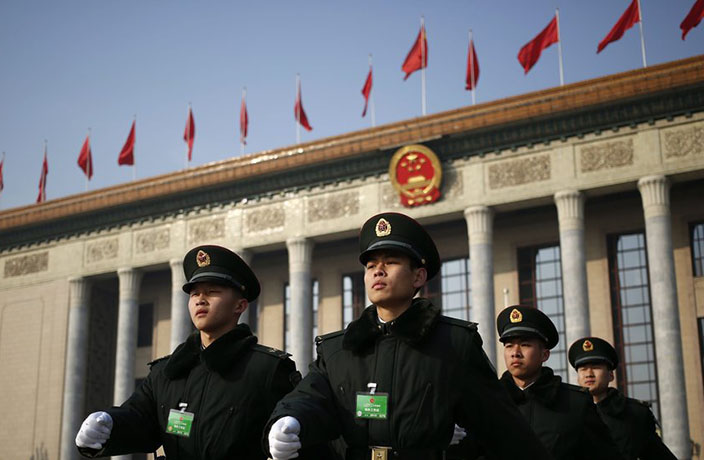"After a decade of breakneck development, [we were] looking at a perfect storm of serious problems: a lack of professionalism, inefficient project managment, lack of consensus among members and fundraising issues. The government and the public were increasingly coming to demand a greater professionalism from these operations, and a larger number of specialized nongovernmental organizations were beginning to appear," stated Dawa Hao from Grassroots Community.
A new law for foreign NGO's, which was established Jan 1 of this year, has granted six Shanghai-based organizations approval. Four of these organizations are actually chambers of commerce: the US-China Business Council, the Canada China Business Council, the Russian Chamber of Commerces and the Confederation of Indian Industry.
China's new law states that they must not "endanger China's national unity, security, or ethnic unity" or "harm China's national interests, societal public interest, and the lawful rights and interest of citizens, legal persons and other organizations."
The World Health Foundation (a small-scaled NGO who has already worked in China for eighteen years and has built a children's hospital in Shanghai) and the Hong Kong Yin Shin Leung Charitable Foundation (first registered back in 2007 with the Bureau of Civil Affairs, has built schools and medi-centers in mainland China) are two other organizations now officially registered under the new law.
Many other organizations are following suit to become registered under the law, which requires groups to get sponsored by a government agency or professional organizations. A list of possible sponsors was released Dec 20, 2016 - a-week-and-a-half before the law become effective, but there is work being done to find more applicabale sponsors.
According to sources, the application process is now much smoother, with the main difference now being the authorities who overlooked NGO's have changed from civil affairs to the public security bureau.


















